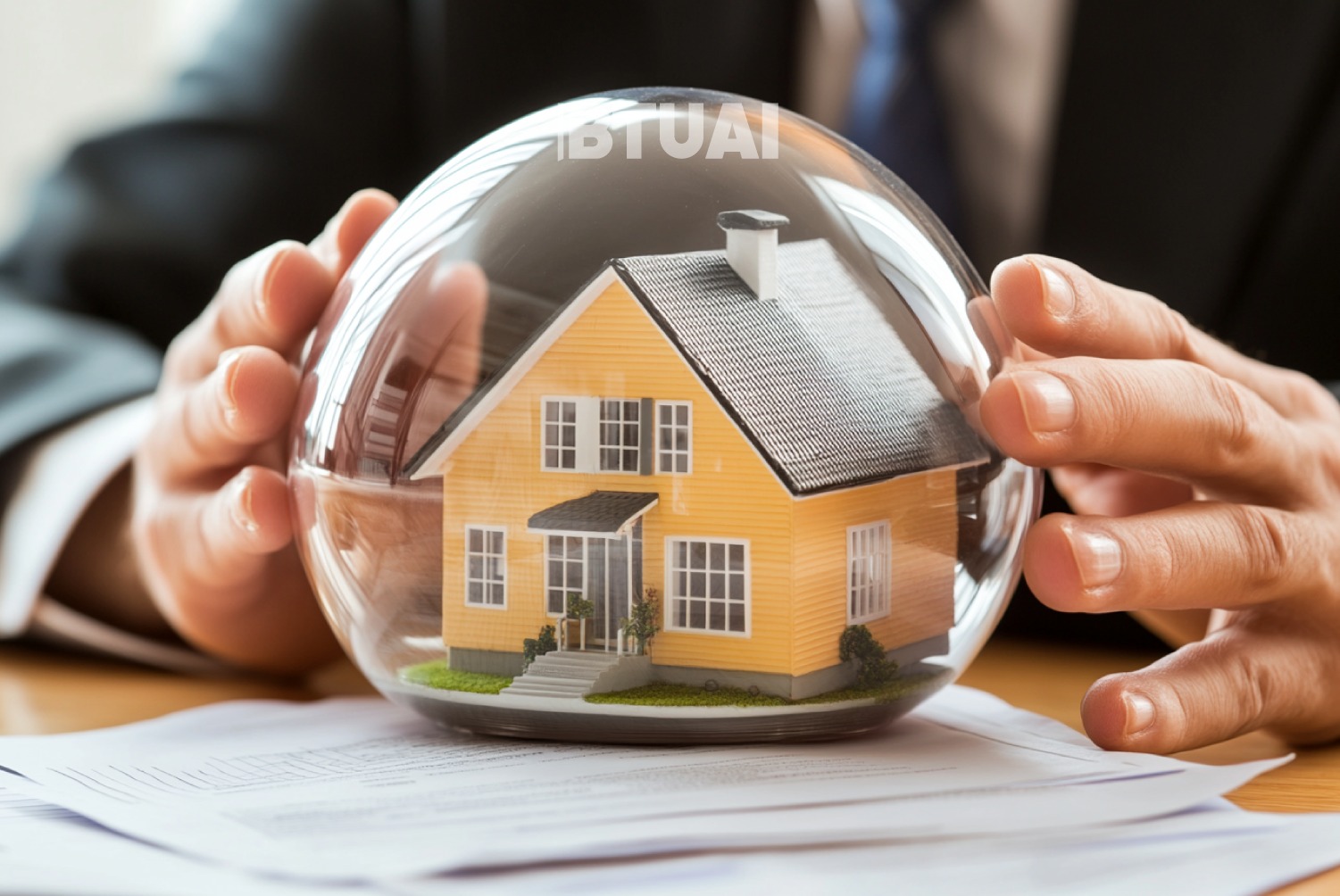Is Tbilisi’s Real Estate Market in a Bubble, and What Should Buyers Consider?
A real estate market bubble occurs when property prices rise rapidly and unsustainably, mainly due to speculative demand. A

A real estate market bubble occurs when property prices rise rapidly and unsustainably, mainly due to speculative demand. A bubble forms when buyers expect prices to keep increasing, leading them to purchase properties aggressively, often using loans. This artificial surge in demand inflates prices beyond their fundamental value, which should be based on factors like population growth, rising incomes, or construction costs. A bubble typically bursts when buyers realize that prices do not reflect reality, leading to a decline in demand and a sharp drop in prices, often leaving those who bought at peak prices with significant losses.
Real estate bubbles have occurred multiple times throughout history. The most well-known example is the 2008 global financial crisis, which was triggered by a housing market collapse. In the U.S., home prices surged due to easily accessible mortgage loans, but when borrowers failed to meet their obligations, the market crashed. Georgia has also experienced similar situations, such as the temporary slowdown in the real estate market following the 2008 Russo-Georgian War. More recently, in 2020, the onset of the COVID-19 pandemic caused a temporary decline in the real estate market, though it rebounded quickly and entered a period of rapid price growth.
Today, Tbilisi’s real estate market has grown by 54.3% since 2020, which is an exceptionally high increase. Several factors could explain this surge: rising construction material costs, increased foreign investment, exchange rate fluctuations, and the influx of new residents, particularly from Russia. However, the key question remains—are these factors sufficient to justify such rapid growth, or is the market showing signs of a bubble? If demand shifts alone cannot explain the drastic price surge, the risk of a bubble forming increases.
In an optimistic scenario, the market continues to grow but at a more moderate pace. Demand remains strong, foreign investment does not decline, and economic growth supports a stable increase in prices. In this case, property values may keep rising gradually, avoiding a sharp downturn. In a neutral scenario, the real estate market stabilizes, and price growth slows or temporarily halts. Demand may decrease, but capital investments and inflation could prevent a major price drop. In a negative scenario, if economic conditions change—such as a decline in foreign investment, rising mortgage rates, or a drop in buyer interest—Tbilisi could experience a sharp decrease in property prices, posing risks for those who purchased at peak values.
Buyers should take several key factors into account. Long-term investment potential should be carefully evaluated—if purchasing property as an investment, it is essential to assess whether it will generate stable returns in the future. Market diversification is also a wise strategy—investing all capital in a single high-priced property, particularly in central districts, may carry greater risks. Mortgage conditions should be closely analyzed, as interest rates could rise, significantly increasing the total cost of a loan. If expecting prices to decline, waiting might be beneficial, but if the market continues to grow, buyers may end up paying even higher prices.
Tbilisi’s real estate market remains dynamic, and buyers must make informed decisions to mitigate potential risks. The market is still in a growth phase, but its long-term stability and trajectory will depend on economic and geopolitical factors.




